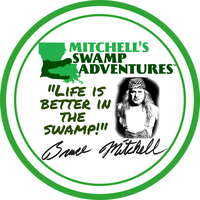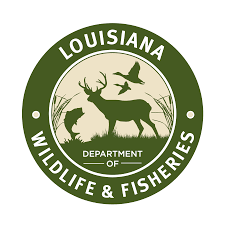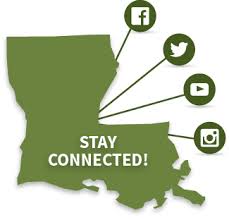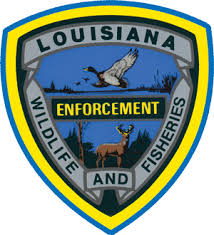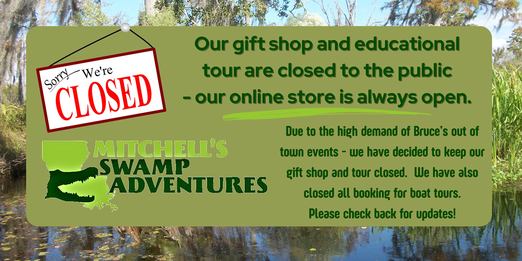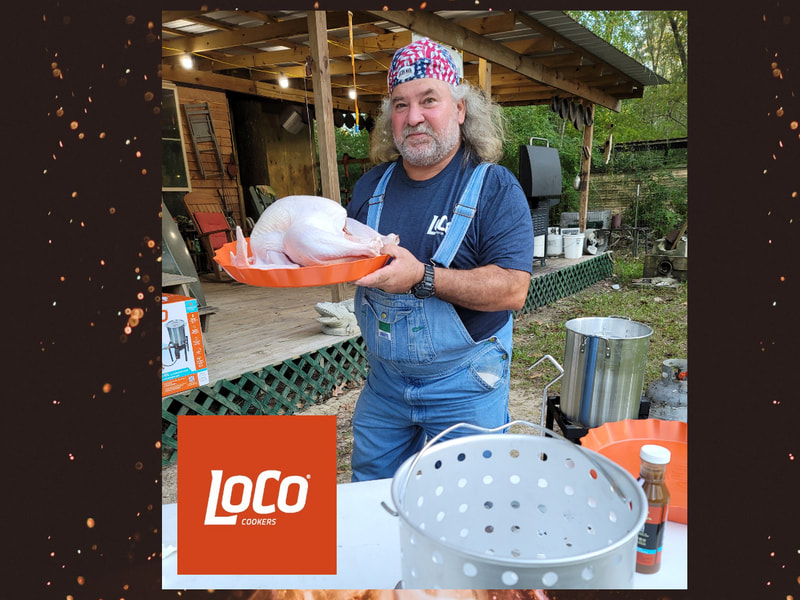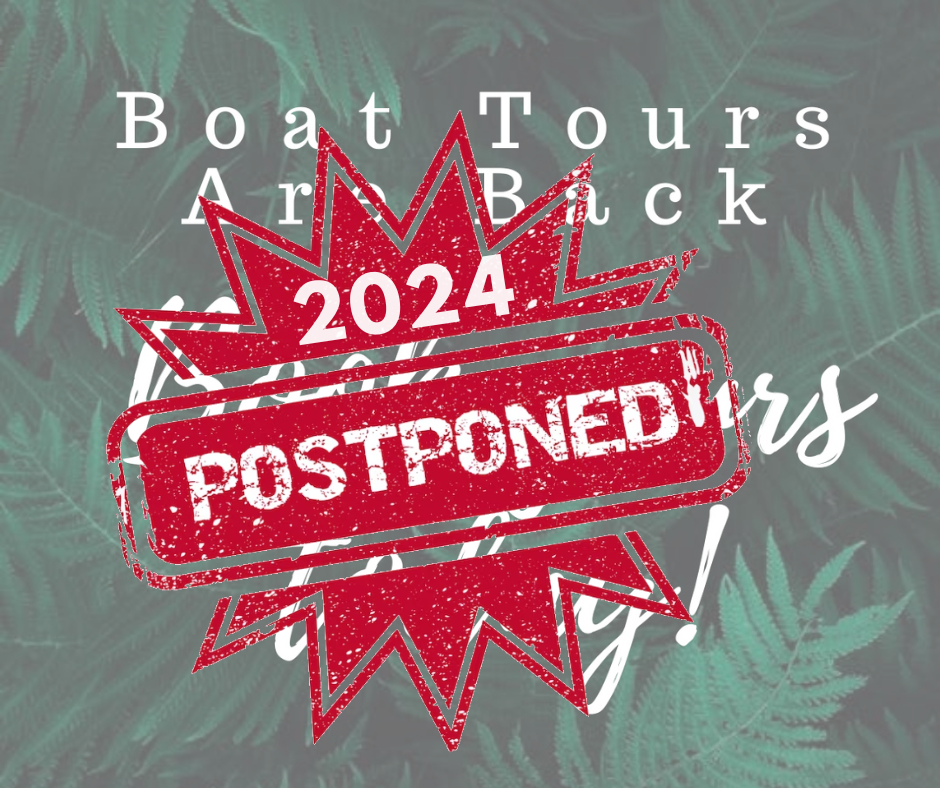History of Gator Hunting.......
Alligators have been used commercially for their valuable
leather since the 1800s. This harvest was generally unregulated throughout the 1900s, until a gradual population decline resulted in severely reduced harvests in the early 1950s. In 1962, the
alligator season in Louisiana wasclosed, and research studies, focusing on basic life history
factors, were undertaken which led to development of a biologically sound management harvest
program. The goals of LDWF’s wild alligator harvest program are to manage
and conserve Louisiana’s alligators as part of the state’s wetland ecosystem, provide
benefits to the species, its habitat and the other species of fish and wildlife associated with
alligators. The basic philosophy was to develop a sustained use management program which, through regulated harvest, would provide long term benefits to the survival of the species, maintain its habitats, and provide significant economic benefits to the citizens of the state. Since
Louisiana’s coastal alligator habitats are primarily privately owned (approximately 81%), our sustained use management program provides direct economic benefit and incentive to private
landowners, and alligator hunters who lease land, to protect the alligator and to protect, maintain, and enhance the alligator’s wetland habitats. One of the most critical components of the wild harvest program is to equitably distribute the harvest in relation to population levels.
Alligator populations quickly increased between 1962 and 1972 while alligators were totally protected. In September 1972 LDWF initiated a closely regulated experimental commercial wild alligator harvest in Cameron Parish. Additional parishes were included in subsequent years and became statewide in 1981. Currently over 2,000 licensed alligator hunters harvest 30,000 to 35,000 wild alligators annually in Louisiana.
General Hunting Info.......
An alligator hunter must either own land or have permission to hunt alligators on land that is classified as wetland habitat in order to qualify for alligator harvest tags. The Louisiana Department of Wildlife and Fisheries issues harvest tags for property containing sufficient alligator habitat capable of sustaining an alligator harvest. Alligator hunters apply for alligator tags prior to the season. Wild alligator tags can only be issued to licensed alligator hunters and are nontransferable.
When is gator season?
In Louisiana, depending on what zone your in decides the actual dates for your gator hunting season. For example in the 2012 season if you are in the East Zone - Opens last Wednesday in August (season lasts 30 calendar days) and if you are in the West Zone - Opens first Wednesday of September (season lasts 30
calendar days)
In Louisiana, depending on what zone your in decides the actual dates for your gator hunting season. For example in the 2012 season if you are in the East Zone - Opens last Wednesday in August (season lasts 30 calendar days) and if you are in the West Zone - Opens first Wednesday of September (season lasts 30
calendar days)
Processing Alligators and Hides
Properly skinning alligators can be difficult. Minor knife cuts, holes or poor skin preparation can severely decrease alligator hide value. Alligators should be skinned by someone with prior alligator skinning experience whenever possible.
The Do's and Don'ts of alligators!
Don’t - kill, harass, or attempt to move alligators. State law prohibits such actions, and the potential for being bitten or injured by a provoked alligator is high.
Don’t- allow small children to play by themselves in or around water.
Don’t- swim at night or during dusk or dawn when alligators most actively feed.
Don’t- feed or entice alligators. Alligators overcome their natural shyness and become accustomed or attracted to humans when
fed.
Don’t- throw fish scraps into the water or leave them on shore. Although you are not intentionally feeding alligators, the end result can be the same.
Don’t- remove any alligators from their natural habitat or accept one as a pet. It is a violation of state law to do so. Alligators do not become tame in captivity and handling even small ones may result in bites. In particular, never go near hatchling/young alligators or pick them up. They may seem cute and harmless, but the mother alligator will be nearby, and will protect her clutch for at least two years.
Do-
call your local LDWF office if you encounter a nuisance gator that has lost its fear of people.
Do- closely supervise children when playing in or
around water.
Do- use ordinary common sense and precautions. Swim only during daylight hours.
Do- inform others that feeding alligators creates safety problems for others who want to use the water for recreational purposes.
Do- dispose of fish scraps in garbage cans at most
boat ramps or fish camps.
Do- enjoy viewing and photographing wild alligators from a safe distance of at least 50 feet or more. Remember that they're an important part of Louisiana's natural history, as well as an integral component of many wetland ecosystems.
Don’t - kill, harass, or attempt to move alligators. State law prohibits such actions, and the potential for being bitten or injured by a provoked alligator is high.
Don’t- allow small children to play by themselves in or around water.
Don’t- swim at night or during dusk or dawn when alligators most actively feed.
Don’t- feed or entice alligators. Alligators overcome their natural shyness and become accustomed or attracted to humans when
fed.
Don’t- throw fish scraps into the water or leave them on shore. Although you are not intentionally feeding alligators, the end result can be the same.
Don’t- remove any alligators from their natural habitat or accept one as a pet. It is a violation of state law to do so. Alligators do not become tame in captivity and handling even small ones may result in bites. In particular, never go near hatchling/young alligators or pick them up. They may seem cute and harmless, but the mother alligator will be nearby, and will protect her clutch for at least two years.
Do-
call your local LDWF office if you encounter a nuisance gator that has lost its fear of people.
Do- closely supervise children when playing in or
around water.
Do- use ordinary common sense and precautions. Swim only during daylight hours.
Do- inform others that feeding alligators creates safety problems for others who want to use the water for recreational purposes.
Do- dispose of fish scraps in garbage cans at most
boat ramps or fish camps.
Do- enjoy viewing and photographing wild alligators from a safe distance of at least 50 feet or more. Remember that they're an important part of Louisiana's natural history, as well as an integral component of many wetland ecosystems.
Mitchell-Kliebert Headquarters
Bruce Mitchell Productions, LLC
Mitchell's Swamp Adventures, LLC
P.O. Box 1945
Ponchatoula, LA 70454
[email protected]
For interviews, appearances or business opportunities,
please contact us via email.
please contact us via email.
*All rights reserved
*Your privacy is important to us - we will not share any of your information with ANYone!
*Google Adsense and Google Analytics are used for website function.
*Your privacy is important to us - we will not share any of your information with ANYone!
*Google Adsense and Google Analytics are used for website function.
Meet Our Social Media Partners!
website created and designed by Bruce Mitchell Productions, LLC
